
Staff members use an automated system to sort parcels for delivery at a courier company in Lianyungang, Jiangsu province, on Dec 12. (SI WEI/FOR CHINA DAILY)
For example, JD is betting big on the consumer-to-manufacturer or C2M model, which leverages online retailers' big data and customer analysis capabilities to customize products that meet the demands of consumers and drive the innovation of consumption modes.
The C2M products represent the latest consumption trend, as they are designed based on what consumers want, JD said. The company has cooperated with a baby diaper brand to jointly develop new paper diapers with enhanced aeration and softness that are more comfortable for babies to wear.
The new consumption model is crucial for stimulating consumers' purchasing appetite, bolstering the intelligent transformation and upgrade of traditional industries, and creating more job opportunities for high-skilled talent, said Hong Yong, an associate research fellow at the e-commerce research department of the Ministry of Commerce.
As the Chinese consumer market gradually recovers from the impacts of the COVID-19 pandemic, it is a critical time for brands and retailers to reshape strategies and strengthen market adaptability, consultancy Bain &Co said in a report.
Retailers should focus on boosting customer loyalty and providing unique shopping experiences. This involves integrating online and offline channels effectively, especially in the growing online-to-offline market, to offer seamless and immersive shopping experiences that combine the convenience of online channels with the tangibility of in-store shopping, the report said.
Retailers also need to leverage data and technology to better understand consumer behavior, thus optimizing their product mix and promotional strategies, as well as balance the tasks of maintaining competitive pricing and focusing on product quality, product innovation, supply chain and sourcing, Bain &Co said.
To further spur consumption, more stimulus policies are needed to stabilize and expand employment, improve household incomes, boost people's ability and willingness to spend, and encourage spending on big-ticket items, said Pan Helin, co-director of the Digital Economy and Financial Innovation Research Center at Zhejiang University's International Business School.










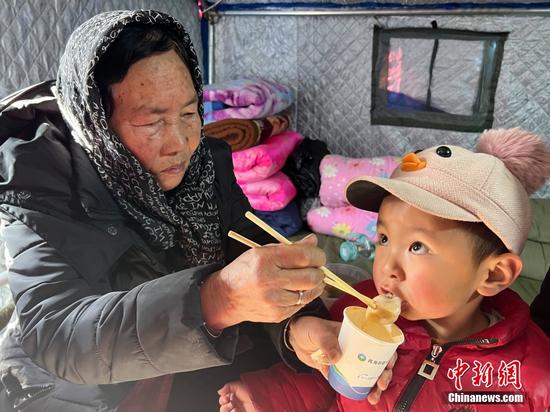
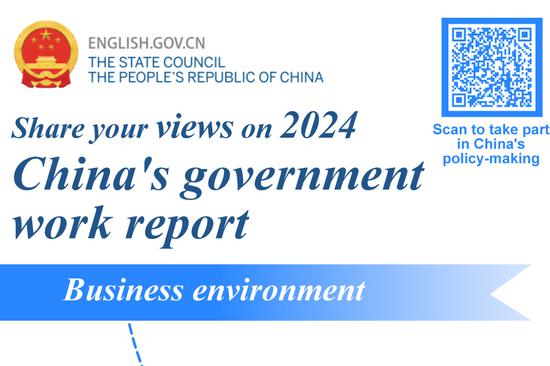

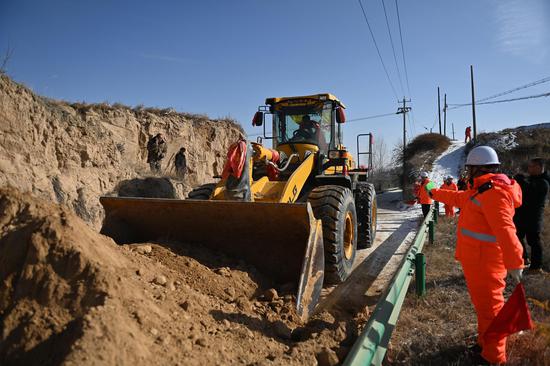
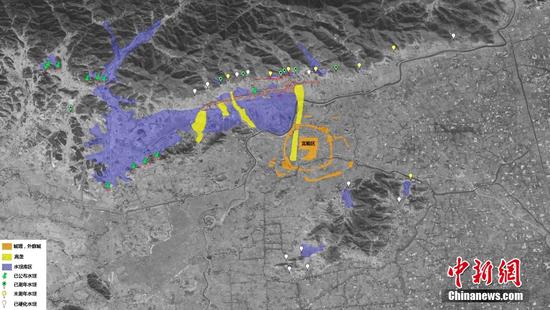






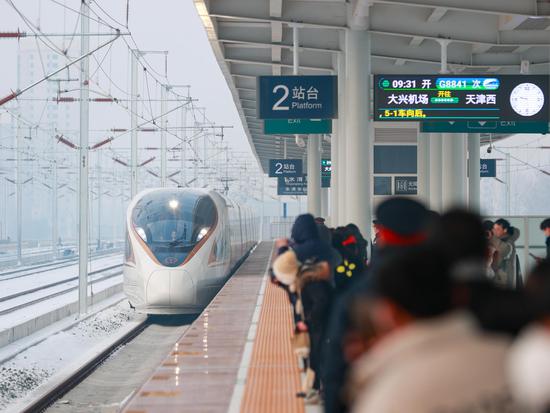








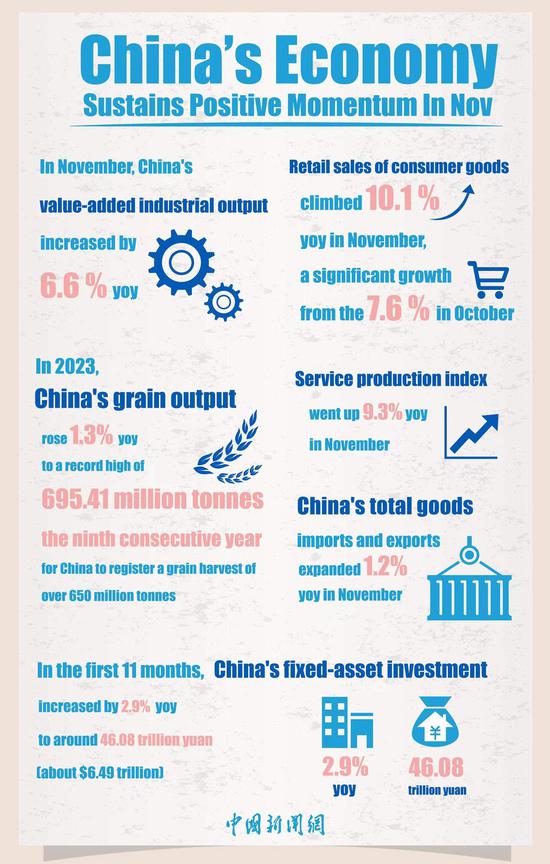











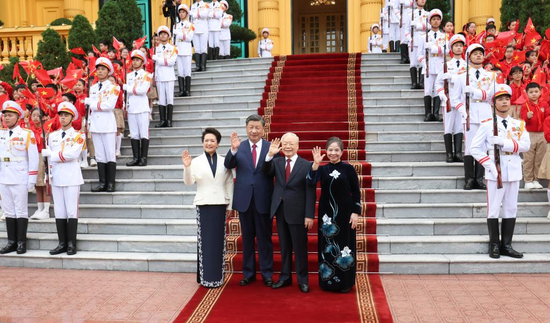







 京公网安备 11010202009201号
京公网安备 11010202009201号
